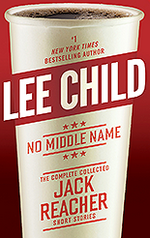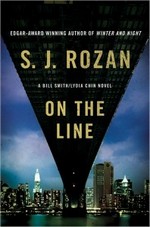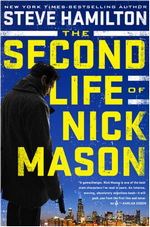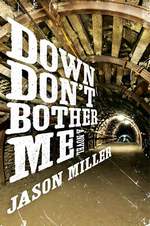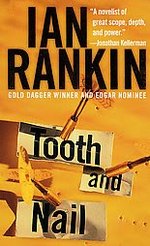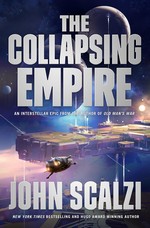 A Monster Calls
A Monster Calls
by Patrick Ness
Paperback, 225 pg.
Candlewick Press, 2013
Read: June 1, 2017

I hadn’t even heard of this book until a couple of weeks ago, when it was recommended to me by a loyal reader. And I wasn’t given a lot of details, just a strong recommendation and something about it being “about grief.” I could’ve used the warning that it was a YA book, but otherwise, that’s all I needed to know (and the YA wouldn’t have been a deal breaker or maker — I just would’ve liked to know what I was grabbing). I’m not going to say much more than that, really. It’s about grief, there’s some magic, and it’s one of the most effective novels I’ve read this year.
There’s been so much said about this book by others — I’m almost afraid to say much, I don’t want to ruin anyone’s discovery.
You’ve got a 13 year-old boy, Conor, whose mother is undergoing cancer treatment — and it’s not going well. His grandmother (not at all the stereotypical grandmother-type, as Conor is very well aware), comes to stay with them with every new round of treatment, and Conor hates it. His father and his new wife have started a new life in the US. All of this has left Conor isolated, emotionally all alone — except at school, where he’s bullied (when not alone). Somehow in his despair, Conor summons a monster, a monster older than Western Civilization, who visits the boy to help him.
He helps him via stories — I love this — not escapism, but through the lessons from stories — and not in a “You see, Timmy . . . ” kind of moralizing — just from understanding how people work through the stories.
After reading page 15, I jotted down in my notes, “Aw, man! This is going to make me cry by the end, isn’t it?” I didn’t, for the record, but I came close (and possibly, if I hadn’t been sitting in a room with my daughter and her guitar teacher working on something, I might have.
The prose is easy and engaging — there’s a strong sense of play to the language. There’s some wonderfully subtle humor throughout, keeping this from being hopelessly depressing. The prose is deceptively breezy, it’d be very easy to read this without catching everything that Ness is doing. But mostly, what the book gives is emotion — there’s a raw emotion on display here — and if it doesn’t get to you, well, I just don’t know what’s wrong with you.
The magic, the monster and the protagonist remind me so much of Paul Cornell’s Chalk (which is probably backwards, Chalk should be informed by this — oops). Eh, either way — this is cut from the same cloth.
That’s a bit more than I intended to say, but I’m okay with that. I’m not convinced that this is really all that well-written, technically speaking. But it packs such an emotional wallop, it grabs you, reaches down your throat and seizes your heart and does whatever it wants to with it — so who cares how technically well it’s written? (and, yeah, I do think the two don’t necessarily go together). A couple of weeks from now, I may not look back on this as fondly — but tonight, in the afterglow? Loved this.
Love, grief, hope, loss, anger, fear, monsters and the power of stories. Give this one a shot. Maybe bring a Kleenex, you never know . . .
—–




